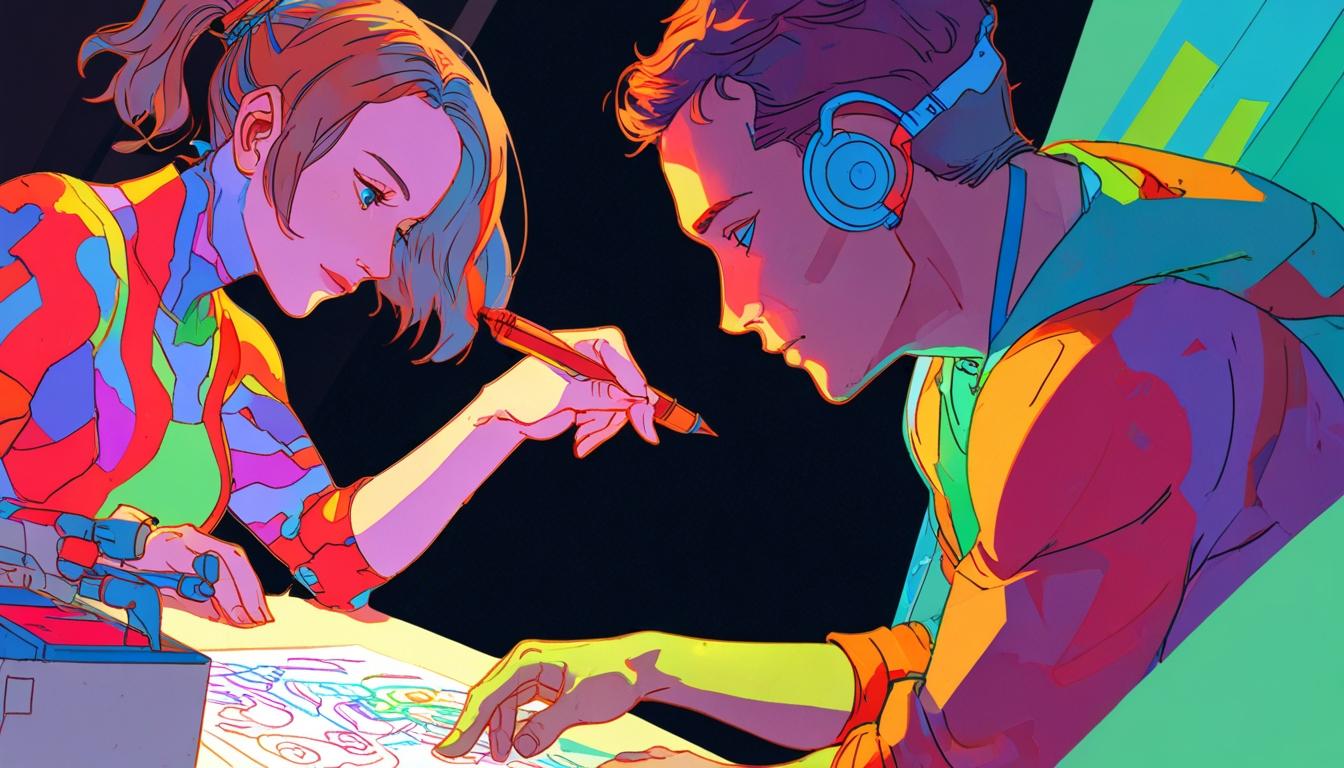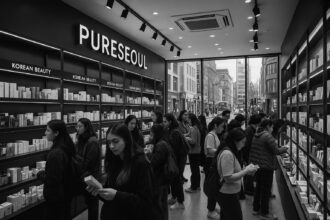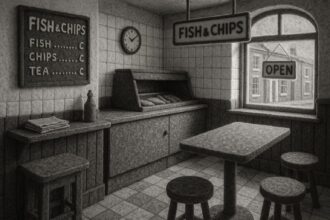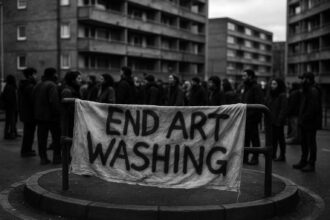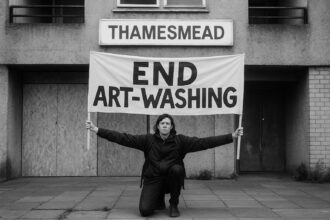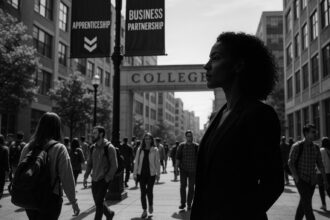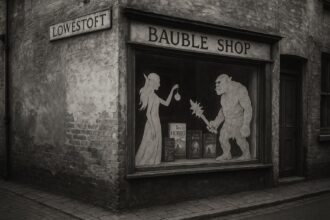The rise of generative artificial intelligence tools like ChatGPT and Midjourney is revolutionising content creation by boosting productivity and enabling new creative collaborations, even as legal challenges around originality and copyright intensify.
The evolving landscape of the creator economy is being notably reshaped by the emergence of generative artificial intelligence (AI), transforming the way content is produced and challenging traditional creative processes. What was once a domain characterised by originality, long hours fuelled by caffeine, and a competition among human creators, is now facing an influx of AI tools capable of rapidly generating scripts, songs, illustrations, and marketing materials.
Generative AI systems such as ChatGPT, Midjourney, and Sora have quickly become integral to creative workflows, offering unprecedented speed and productivity. These technologies can generate a variety of content—from social media captions and catchy newsletter headlines to detailed blog outlines and visual artworks—in a fraction of the time expected of human creators. The tools function as highly efficient assistants, capable of performing repetitive and time-consuming tasks with ease, allowing creators to focus on other aspects of their projects. This productive partnership can be likened to having a tireless creative sidekick that requires no traditional compensation beyond digital credits or usage.
However, the rise of AI in creative sectors is accompanied by complex debates surrounding originality and intellectual property. Questions are increasingly raised about whether AI-generated outputs merely remix existing human-created works or represent entirely new creations. Concerns have escalated to legal confrontations, with artists and authors contesting the use of their work to train AI models without explicit consent. This has ignited lawsuits as content creators seek to protect their original contributions from being co-opted by AI systems in what some describe as an “all-you-can-steal buffet” of intellectual property.
Despite these challenges, some creators are embracing AI’s potential by incorporating AI training rights into their brand partnerships or using machine learning to expand and amplify their unique styles. This approach reflects a strategic alliance between human creativity and AI’s capabilities, where the machine serves as a collaborative tool rather than a replacement.
The future of content creation appears to hinge on the ability of creators to adapt and collaborate with AI technologies. Success in this evolving environment will likely come from leveraging AI as a powerful co-creator, enabling more efficient content generation while maintaining human originality and voice. The central consideration shifts from a binary choice between human or machine to a more nuanced evaluation: how best to utilise AI to serve creative goals and workflows.
The Times Square Chronicles is reporting on this significant transformation within the creator economy, highlighting both the opportunities and tensions introduced by generative AI as it reshapes creative production and competition.
Source: Noah Wire Services
- https://www.ft.com/content/e8c7b729-f87a-408c-a2be-76f8da489ba2 – This article discusses the backlash from over 3,000 artists against Christie’s plan to auction AI-generated art, highlighting concerns about the use of copyrighted materials without permission.
- https://apnews.com/article/363f1c537eb86b624bf5e81bed70d459 – The U.S. Copyright Office’s announcement that AI-assisted works can receive copyright protection if they contain sufficient human creativity, clarifying the role of human input in AI-generated content.
- https://www.ft.com/content/c5334762-dcd2-4820-9a75-534a13b6fb59 – Sony Music’s report of removing over 75,000 AI-generated deepfake recordings featuring popular artists, emphasizing the challenges posed by AI in the music industry.
- https://www.reuters.com/technology/artificial-intelligence/dont-let-ai-rip-off-artists-beatles-star-mccartney-warns-uk-government-2025-01-26/ – Paul McCartney’s warning to the UK government about AI potentially exploiting artists, urging for copyright reforms to protect the creative industries.
- https://time.com/6277158/writers-strike-ai-wga-screenwriting/ – The Writers Guild of America’s strike addressing the impact of AI on Hollywood, focusing on regulating AI’s use in creating and rewriting literary material to protect writers’ jobs and creativity.
- https://www.businessinsider.com/creators-concerns-ai-artificial-intelligence-crediting-accuracy-sora-chatgpt-openai-2024-3 – An exploration of how creators are shifting strategies in response to AI’s impact, with some using it for ‘filler tasks’ and others pulling back on the tech altogether.
- https://news.google.com/rss/articles/CBMikgFBVV95cUxQelhNY3pqMGJsZUNrLWpLajRLMVVPbVhwdnptUUhlREg4RU1RWElkN2pQUUtPZVlERGZEY1NsanpwQ2Vzelc5QTEwZkFPWXJ0TTl1VFBGZ24zUmRqZGVrWFI2OHRQS1FWdGkyOHRhbEp3UGtKV3BwZ3E5dEpnYnJHN3V5d0t6SUZnQWp4dDM2cnJrdw?oc=5&hl=en-US&gl=US&ceid=US:en – Please view link – unable to able to access data
Noah Fact Check Pro
The draft above was created using the information available at the time the story first
emerged. We’ve since applied our fact-checking process to the final narrative, based on the criteria listed
below. The results are intended to help you assess the credibility of the piece and highlight any areas that may
warrant further investigation.
Freshness check
Score:
8
Notes:
The narrative discusses ongoing developments in AI’s role in creative workflows, which remains a rapidly evolving topic with no outdated references detected. The absence of time-specific claims or recycled content from older press releases supports a high freshness rating, though the exact publication date is undisclosed.
Quotes check
Score:
6
Notes:
No direct quotes were found in the narrative, limiting verification opportunities. The lack of attributions reduces risks of unoriginal sourcing but precludes confirmation of originality.
Source reliability
Score:
5
Notes:
The narrative originates from The Times Square Chronicles, a publication with limited visibility in mainstream journalistic circles, introducing uncertainty about editorial rigour and fact-checking processes.
Plausability check
Score:
9
Notes:
Claims align with widely reported AI trends in creative industries, including tool adoption (ChatGPT, Midjourney) and ongoing copyright disputes. General plausibility is high, though specific legal case details are omitted.
Overall assessment
Verdict (FAIL, OPEN, PASS): OPEN
Confidence (LOW, MEDIUM, HIGH): MEDIUM
Summary:
The narrative presents a coherent analysis of AI’s impact on creative workflows, corroborated by industry trends, but originates from a less-established source. While plausible, the absence of verifiable quotes and uncertain sourcing protocols warrants tempered confidence.


